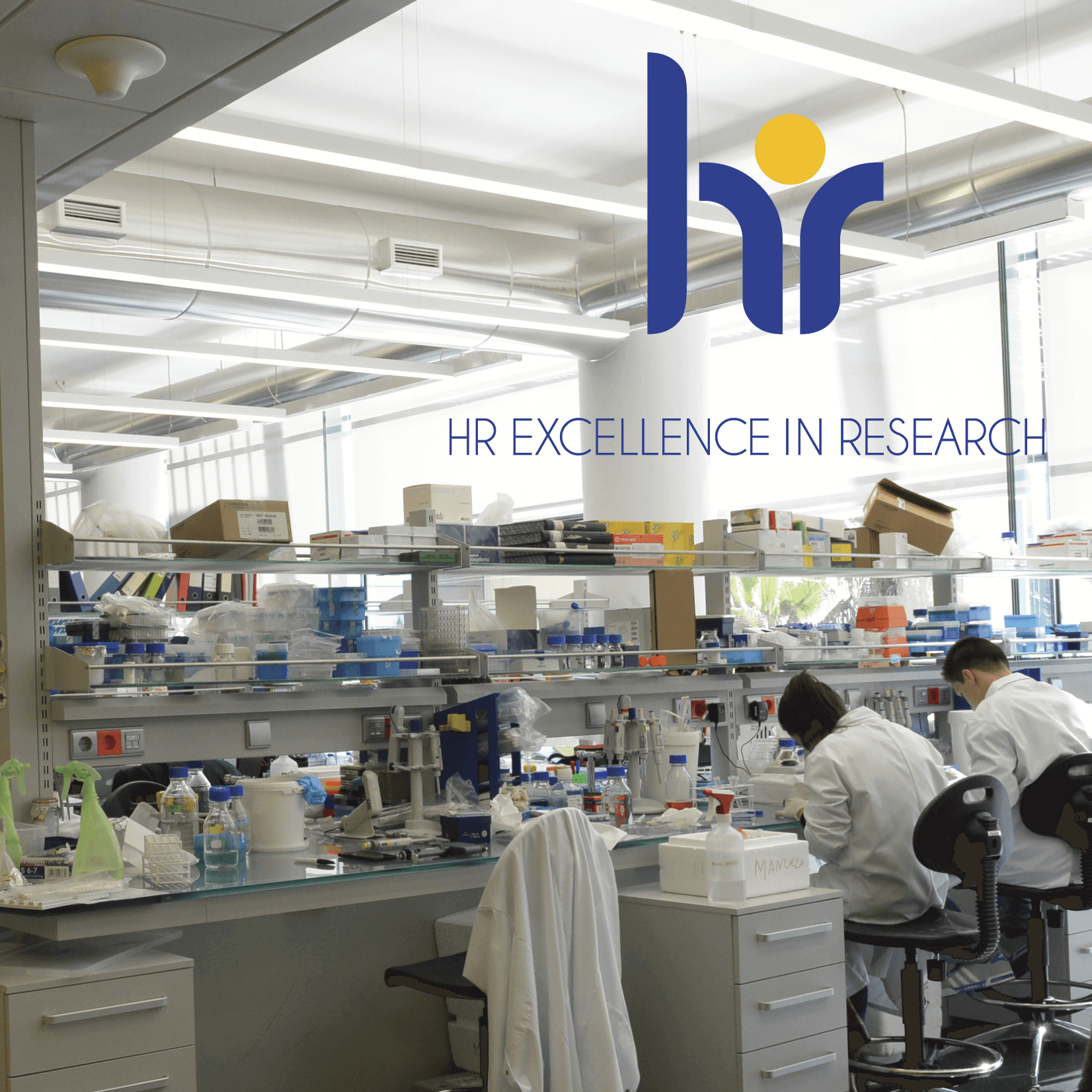18 November 2025
When we decided to discuss the “welcoming internationals” theme, Mert Erginkaya was among the first names that came to mind. Mert has been a close friend for over six years, and I’ve always felt he represents the Champalimaud Foundation (CF) community at its best. This piece is his story and, in a way, a bit of mine, because I was lucky enough to be part of Mert’s CF journey.
12 November 2025
Episode 7 – The Science of Imagination: Measuring the Invisible (Part 2)
We explore how imagination can heal – like playing Tetris after trauma to weaken intrusive images in post-traumatic stress disorder (PTSD) – and how it can misfire in the hallucinations of Parkinson’s disease or bereavement, when a “phantom spouse” may still be seen or felt, or in Functional Neurological Disorder, where expectations and emotions can produce real physical symptoms, even paralysis. Zeman shares the unforgettable case of “Toby” to show the power of suggestion at work.
07 November 2025
James Watson
James Watson was an outstanding figure in science, having carried out crucial work in the discovery of the structure of DNA, which earned him the Nobel Prize in Physiology or Medicine in 1962. His essential discoveries in the field of biology were decisive in shaping the course of Science as we know it today.
06 November 2025
How Scientific Collaborations Can Help Better Understand the Brain and the Body
Historically, scientists studying the brain, like neuroscientists and psychologists, worked separately from those studying the body, such as endocrinologists and physiologists. Research on how the nervous system interacts with the body has been growing, but “it kind of stops there, rarely making it past the neck to reach the brain again”, as Carlos Ribeiro puts it. Neuroscientists, meanwhile, often focus on higher brain functions without considering how body signals might influence them.
30 Oct. 2025
PhD Student - Theoretical Neuroscience Lab

Application Starts: 30 Oct. 2025
Offer Description
Champalimaud Foundation (Fundação D. Anna de Sommer Champalimaud e Dr. Carlos Montez Champalimaud), a private, non-profit research institution in Lisbon, Portugal, is looking for a PhD Student to join our team at the Champalimaud Research Program.
27 October 2025
A Nose for microbes: how hunger tunes the brain
Fermented clues
Cheese and chocolate might not tempt a fruit fly’s palate, but to a hungry fly short on nutrients, their smell carries a hidden signal. When deprived of certain amino acids – the building blocks of protein – these tiny insects develop a surprisingly refined sense of smell that helps them track down not just food, but specific bacteria living in fermented foods.
24 October 2025
CRSy25: Loops Within Loops and the Future of AI-Driven Brain Research
With nearly 30 presenters, including four keynote speakers, and over 300 participants from across the globe, the symposium was structured into multiple sessions exploring different themes. Chaired by CF’s Memming Park, Principal Investigator of the Neural Dynamics Lab, together with Yale University’s Shreya Saxena and the University of Cambridge’s Guillaume Hennequin, the event focused on neurocybernetics – a field first defined in the 1940s that studies how brains use feedback and control to adapt, learn, and interact with their surroundings.

